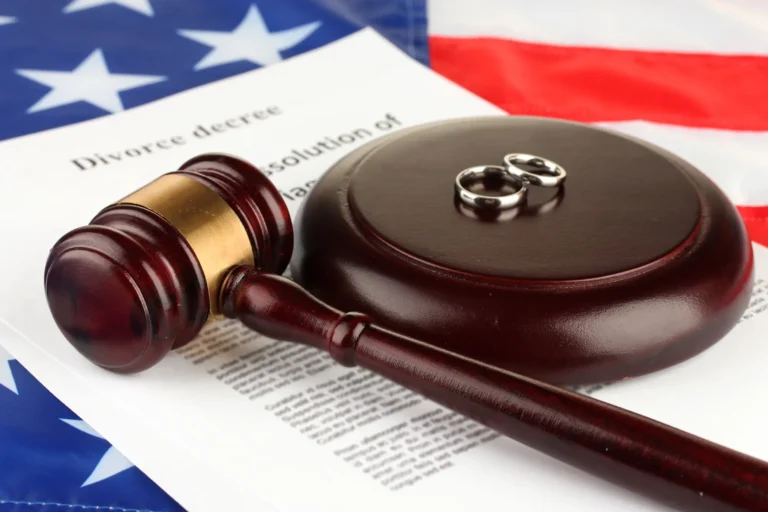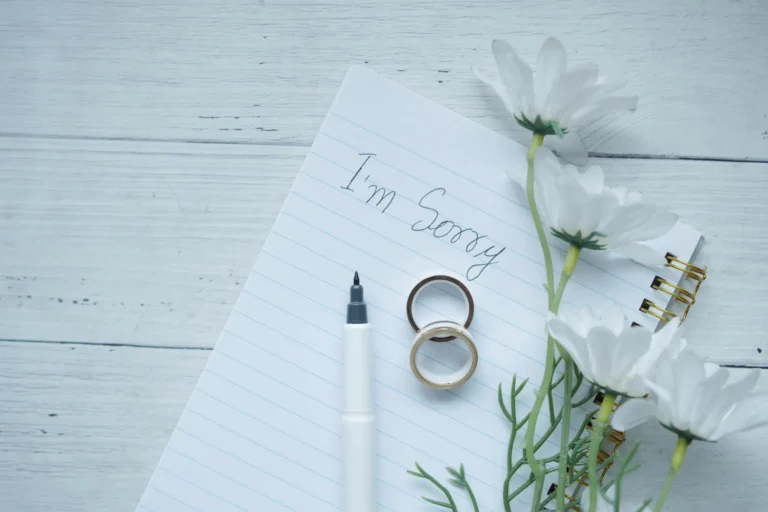What Issues in a Divorce Decree Can Be Modified and What Cannot
In Missouri, you can modify most parts of your divorce decree that involve children or support if circumstances change. Property division, however, is permanent once finalized. Mediation and the Collaborative Divorce process can help you make these changes more privately and flexibly than traditional court proceedings. What Can Be Modified Anything related to your children can be changed if it supports their best interests and if circumstances have significantly changed. This includes legal and physical custody, child support, parenting schedules, school and activity costs, and health insurance. Missouri courts allow modifications so that parenting plans remain practical and continue to work for your family as life evolves. Maintenance, also known as spousal support, can also be modified. You may request an increase, decrease, or termination…










